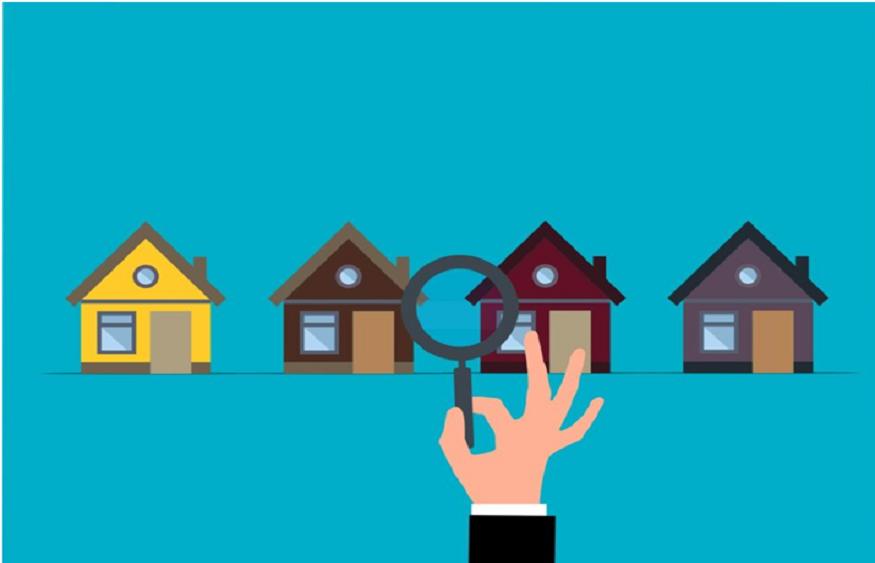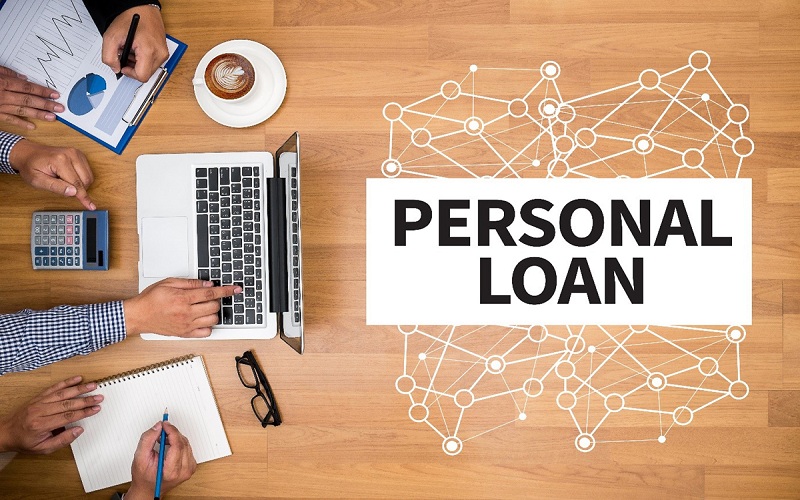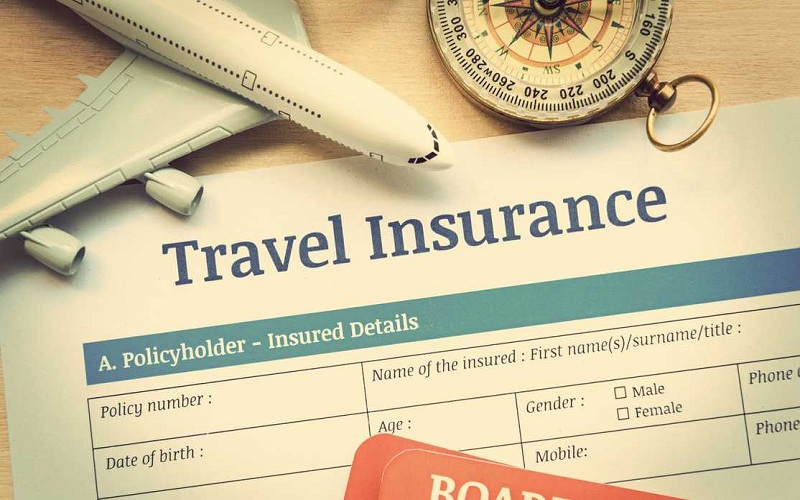Many people are struggling financially nowa daysas a result of the pandemic, with some losing their jobs or closing their enterprises and the global crisis that may now be to blame. Some may have savings and still working, but this money will not suffice if you have existing debts, causing your balance to keep in tack. You simply cannot leave this unpaid, and since you signed an agreement, you are likely familiar with the lending company’s rules which you can never ignore.
As an individual who is borrowing money, you must repay it since the lending firm will not allow any excuses, and because you borrowed a large sum, you may have utilized collateral or refinanced the debt – read billigsterefinansiering.com/ for further explanations. Keep in mind that if you don’t pay your debt on time, the lender will have the rights to your property, so where will you find the money to pay off this huge balance? I’m sure you’ll do your best to figure out a means to pay this off, and one option might be to refinance with unsecured or secured consumer loans.
In this option, you will be applying for a new loan, which will add to your obligations, but you will also be able to pay down your balance. Well, this could be the solution that suits you, as repaying large loans at this time, while we are still in the midst of the economic crisis, is indeed a difficult task. So, I guess we can consider refinancing as well as consolidating our debts to lighten our financial load, right?
How Refinancing Works
A debtor would seek a refinance loan due to his financial responsibilities which he needs to pay off, and this will result in new debt. He is doing this because he will utilize the money as payment and he can be free from the outstanding balance. But if you have a large amount of overdue debt, then how can you get the money from unsecured loans?
Remember that your goal with this form of lending is to discover lenders who will provide you with reasonable interest rates and conditions. It makes no difference how many applications you took in as long as they have reduced rates and can assist you in repaying your debt. You’ll be able to lower your monthly payments after you pay off and close your current credit contract.
Let me remind you that there is a tiny effect on your credit score, so it may temporarily drop, but you can also take this as an opportunity to enhance the rating – read this for more details. Take advantage of this chance to improve your credit score by paying dues on time and improving your financial situation. If you need money in the future, you’ll have no trouble getting one because lending companies won’t be concerned about your rating.
Rate-and-Term vs Consolidation
The most common type among debtors who applied for a big sum of money to repay obligations, such as their home, land, car, tuition fee, business, and other assets is the rate-and-term loan. So you take out a fund, pay it off, and then replace it with a more suited and convenient credit agreement.
By the way, you’ll only consider this choice if the lender offers cheaper interest rates as well as monthly dues. When you’re trying to cut costs, why would you take a deal that will cost you higher? So, before you choose a lending firm or sign a contract, be sure you understand the terms.
Consolidation works similarly to rate-and-term refinancing in that you just file for a new arrangement with lower rates and use the fund to pay off the unpaid balance. You will almost certainly have lower monthly dues with the new debt. You’llthen be in a better financial situation, your load will be lighter, and you can rest assured that this will substantially soothe your mind.
Cash-Outvs Cash-In

When it comes to refinancing, there’s also the cash-out option, which allows you to keep track of the value of the asset or collateral used when you took out the loan. If the property’s value has significantly grown, the borrower has an opportunity to takethis situation to his advantage. So don’t sell such a property, and you shouldn’t because its worth may continue to climb.
When you use assets as your collateral, you still have full access to themand can use these to make adjustments to the existing agreement. Because the current worth of your property is already higher, the loaned amount may be modified and could be increased. That’s because you owned it and so the lending company may allow a cash-out, which you can use to pay off the remaining balance.
When you want to cash in, you can use the money to pay off a portion of the current loan. The contract may be altered, depending on the policies of the lender, to give you a cheaper cost. Just make sure the rates, as well as terms, will favor you.
Tips
When you are doubting about the process, you better not refinance as well as consolidate your debts because a significant amount is usually involved here so it is fine to be cautious. If you are thinking about refinancing just because the lenders or collectors are pressuring or scaring you, then you may list down your options and see if this is the best way to address your financial concerns. We are not saying that this process won’t do you good because you can also benefit from it so let’s try to weigh and compare all possible solutions.
Using your home as collateral would be fine when it comes to secured loans but such an asset should not be used as collateral when refinancing unsecured debts, such as utility, medical, or hospital bills, as well as unpaid credit card bills. Again, if you can’t pay back, they are going to seize your home so where will you stay after that? I hope you can learn how to use collaterals properly and when you should consider using them in terms of financial solutions because once you lost them, there’s no assurance of having them back.
Refinancing is possible with the same or other lending firms in your area so choose the ones with the best terms and lower monthly bills. Make sure that there won’t be hidden charges, which include, closing, insurance, or up-front costs, and that the Annual Percentage Rate or APR is cheaper than the existing one to lower your dues. If the rates are still high, then it would be ideal to keep paying and wait when there would be a drop to avoid expensive charges and to minimize the risk of using collaterals.

 Optimising Employee Transport Management: Top Strategies for Efficient Commutes
Optimising Employee Transport Management: Top Strategies for Efficient Commutes  The Ultimate Guide to Choosing the Right Lifting Slings for Your Project
The Ultimate Guide to Choosing the Right Lifting Slings for Your Project  Easy Steps to Apply Online for Axis Bank Personal Loans
Easy Steps to Apply Online for Axis Bank Personal Loans  Plan a Stress-Free International Trip with Best Foreign Travel Insurance
Plan a Stress-Free International Trip with Best Foreign Travel Insurance  The IPO Process Explained: Steps to Launching a Successful Public Offering
The IPO Process Explained: Steps to Launching a Successful Public Offering  Essential Features to Look for in a Trading Broker
Essential Features to Look for in a Trading Broker  Factors That Influence prices on the Gold Market
Factors That Influence prices on the Gold Market  Personal Loans for Women in India: Empowering Financial Independence
Personal Loans for Women in India: Empowering Financial Independence  Investment and Insurance: The Dual Benefits of Unit Linked Plans
Investment and Insurance: The Dual Benefits of Unit Linked Plans 






